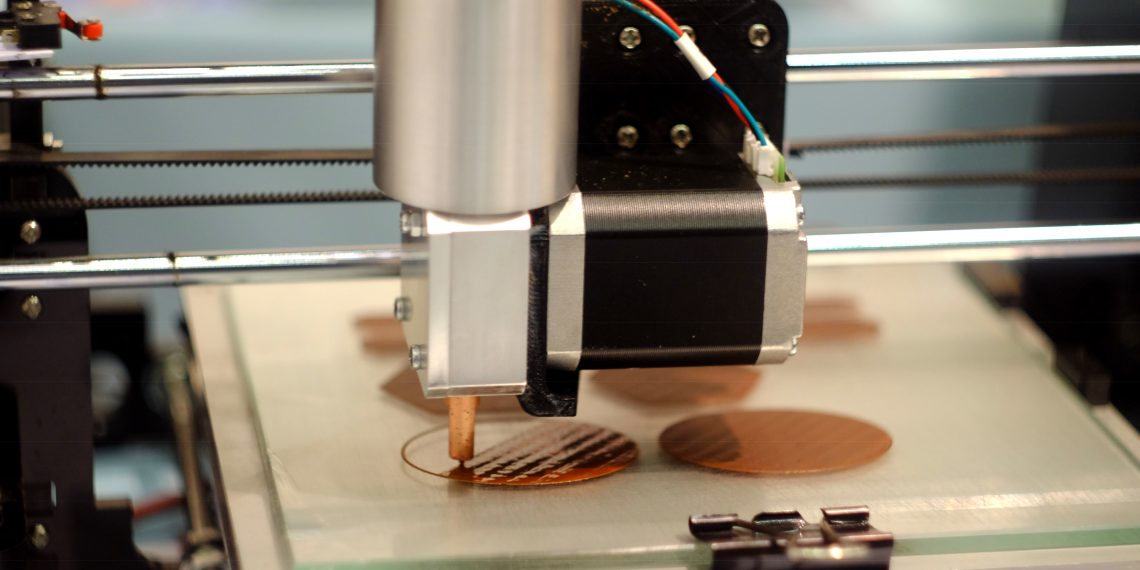The confectionery world has been buzzing with the alarming phrase ‘cocoa shortage’ as cocoa prices have soared, largely due to subpar harvests in the Ivory Coast and Ghana, which are responsible for the majority of global cocoa production. As a result, chocolate manufacturers are facing a dearth of cocoa butter and liquor, essential for crafting their sweets.
This shortage is more than a fleeting market trend; it marks the fourth consecutive year of less-than-ideal cocoa yields. Concurrently, the appetite for chocolate treats continues to rise, with predictions indicating the global chocolate market might surpass $250 billion this year. This confluence of shrinking supply and growing demand has piqued investor interest in companies that are creating chocolate alternatives.
Recent months have seen a surge in funding for at least four startups focused on developing ‘cocoa-free’ chocolate, amassing over $110 million in investment, a significant portion of which was acquired in the last few quarters.
What is cocoa-free chocolate? According to these innovative startups, it’s a substance that mimics chocolate in appearance and taste but is made without the traditional cocoa bean farming process. Voyage Foods, based in Oakland, California, is a leading developer of such products, offering chocolate chips and wafers made with vegetable oil, sugar, and grape seeds among the primary ingredients. Having secured over $63 million in funding, Voyage Foods is gaining momentum, exemplified by a recent collaboration with Cargill to upscale the production of sustainable cocoa product alternatives.
Voyage Foods aims not only to reduce environmental impact but also to mitigate supply chain risks. As CEO Adam Maxwell explains, cocoa-free chocolate is less susceptible to the price fluctuations that affect commodities like traditional chocolate, and the company prioritizes the use of upcycled, cost-effective, and readily available ingredients.
Fermented and lab-grown chocolate On the other side of the globe, Munich’s Planet A Foods markets ChoViva, a fermented oat and sunflower seed-based chocolate substitute, which they claim rivals the taste of traditional chocolate. With over $43 million in funding, including a $15.4 million Series A round, Planet A Foods underscores the detrimental environmental and humanitarian impacts of conventional cocoa farming and positions itself as a sustainable alternative.
In the realm of lab-grown confectionery, California Cultured in Davis, California is developing technology to create coffee and chocolate with identical characteristics to their natural counterparts, down to the molecular level. The startup has attracted attention from prominent investors and recently partnered with Japanese chocolate manufacturer Meiji to produce cell-cultured cocoa powder-based chocolate products.
A taste of the future Should cocoa-free chocolate ventures succeed, we may witness a future where beloved treats are no longer reliant on remote African farms. The sustainability benefits are clear, but it’s uncertain if these new products can match the flavor of traditional chocolate, especially in high-quality dark chocolate bars. Nonetheless, in items like chocolate chip cookies or coated ice cream bars, where chocolate is one of many flavors, substitutes might prove satisfactory.
For chocolate aficionados, the hope is that these startups will produce alternatives that are just as enjoyable as the genuine article. In a world facing recurring chocolate shortages, delicious alternatives could become an essential indulgence.









